5 remedies to relieve aching legs
By naturopath Margaret Jasinska
Heavy, aching, tired legs are a common complaint, particularly in people who are on their feet for most of the day. Whether your job involves a lot of standing or walking, or you are busy at home with looking after children, painful legs can make it difficult to get through the day.
A number of things can cause your legs to ache; these are the most common:
Fibromyalgia
This is a common problem that causes pain and tenderness in the muscles, ligaments and connective tissues. Tenderness in the muscles and tendons which are painful to touch are known as ‘trigger points’. Pain may be chronic or intermittent and to qualify for the diagnosis of fibromyalgia it must have been present for at least three months.
Fibromyalgia affects between 3 and 10% of the world’s population, both men and women. However, women are more commonly affected as fibromyalgia often begins during the peri-menopausal years. Fibromyalgia is also often associated with chronic fatigue, depression and disturbed sleep.
Muscle cramps
Cramps in the legs or feet can occur during activity, or during rest, such as while you’re asleep. Insufficient magnesium is the most common cause of muscle cramps and taking a magnesium supplement relieves them well in most cases. Cramps may also occur due to dehydration or insufficient sodium, particularly if you do a lot of sweating in a hot climate.
Fluid retention
If your body retains a lot of fluid, it can accumulate in your legs and feet, particularly by the end of the day if you’ve been on your feet. Reducing the amount of sugar, dairy products and gluten in your diet can help to significantly reduce fluid retention. Improving the strength of your capillaries helps to improve circulation and reduces fluid accumulation in your legs.
Occasionally, tired, aching or swollen legs can be caused by a more serious health condition, such as a blood clot, stress fracture, tendon or ligament problem, kidney or liver condition. Therefore please see your doctor to rule out one of these.
Here are 5 simple ways to relieve tired and aching legs

1. Put your legs up against a wall
It’s easiest to do this while lying on your bed. It will bring the blood and lymphatic fluid back upwards towards your heart, and relieve swelling and pressure in your legs and feet. This is a wonderfully relaxing thing to do when you get home from work and also before falling asleep.
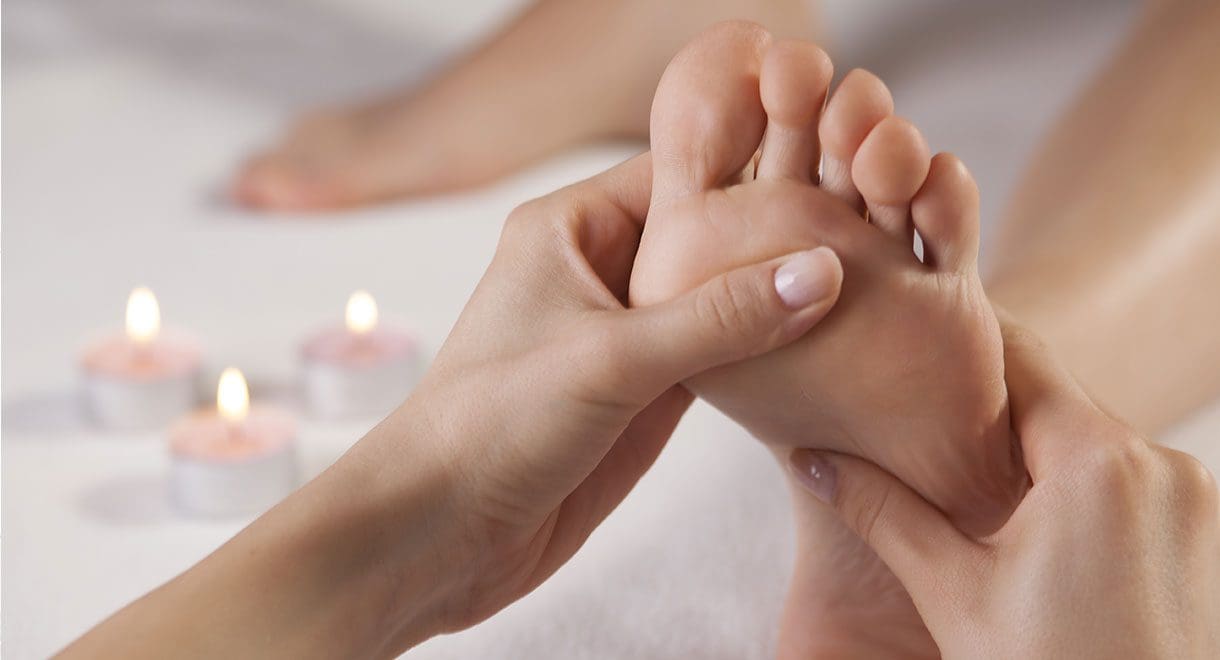
2. Get a massage
This is a great way of relieving aches and pains from almost any cause. If you wear high heels you probably have tight calf muscles. If you exercise a lot this can tighten your calves too. There’s nothing like a professional massage, but you can probably reach your legs and give them a good massage yourself. Using deep pressure upwards should help to disperse excess fluid.
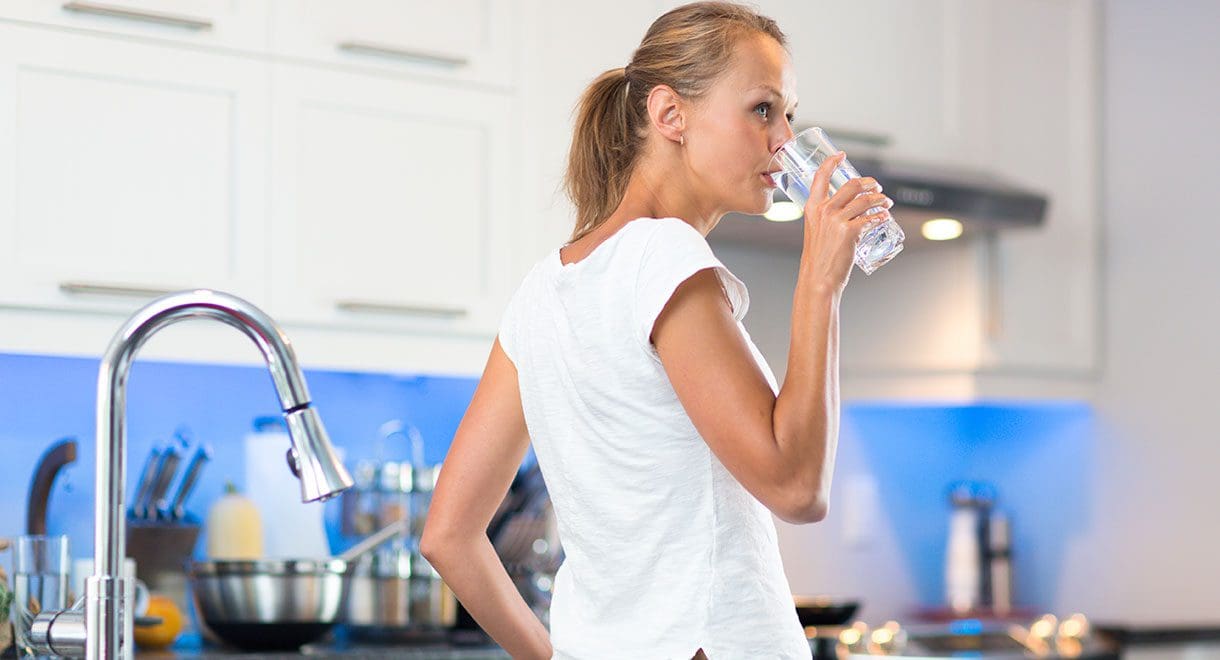
3. Drink lots of water
Often people who suffer with fluid retention are averse to drinking water, imagining it will worsen their oedema. The opposite is actually true in most cases. If your body is dehydrated, it will retain more fluid. Try to get into the habit of drinking water or herbal tea regularly, to keep your body well hydrated.
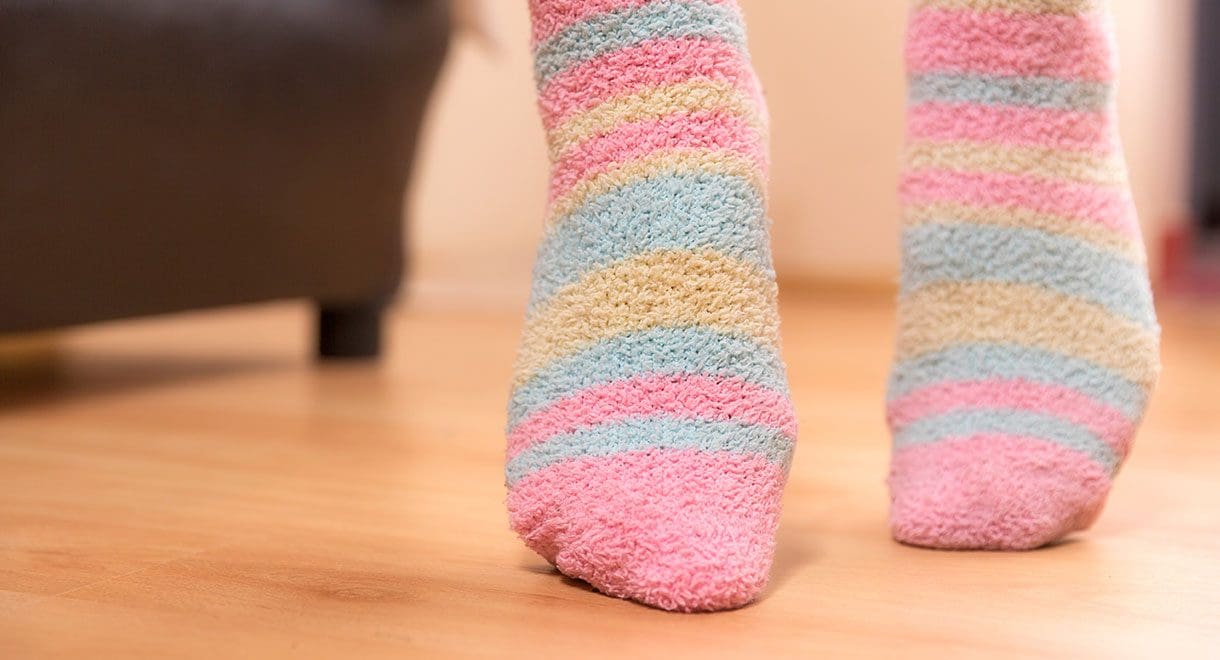
4. Keep moving
Sitting or standing still for too long can cause blood and lymphatic fluid to pool in your lower body. Doing some exercise each day can help to counteract this, but sometimes that’s not possible. Just moving your feet around on the spot can be helpful. Doing circles with your ankles and raising up onto your toes will help to relieve congestion in your feet and legs.

5. Modify your diet
Sometimes the food you are eating or not eating enough of can be a problem. As mentioned, sugar, gluten and dairy products can all worsen leg pain and swelling. Insufficient vegetables in the diet can weaken your capillaries and veins. Regularly eating salads and making fresh vegetable juices should help. There are juice recipes in Dr Cabot’s book Raw Juices Can Save Your Life. The nutrients in Collagen Food powder help support collagen and elastin production, assisting with connective tissue health.


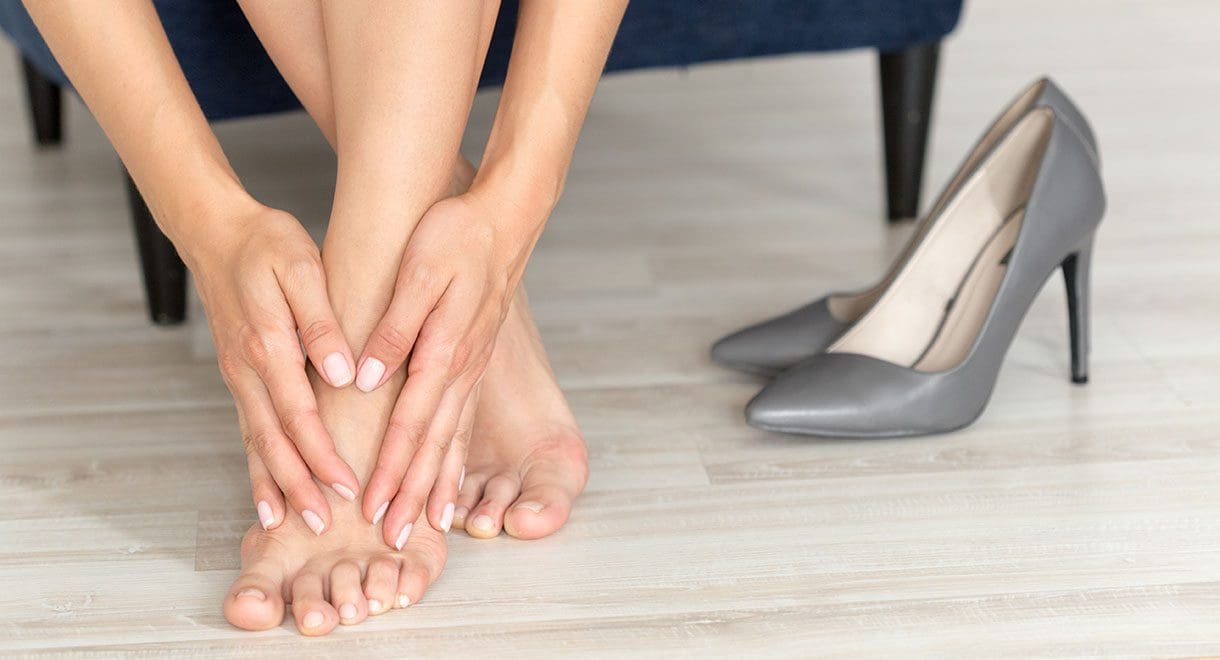

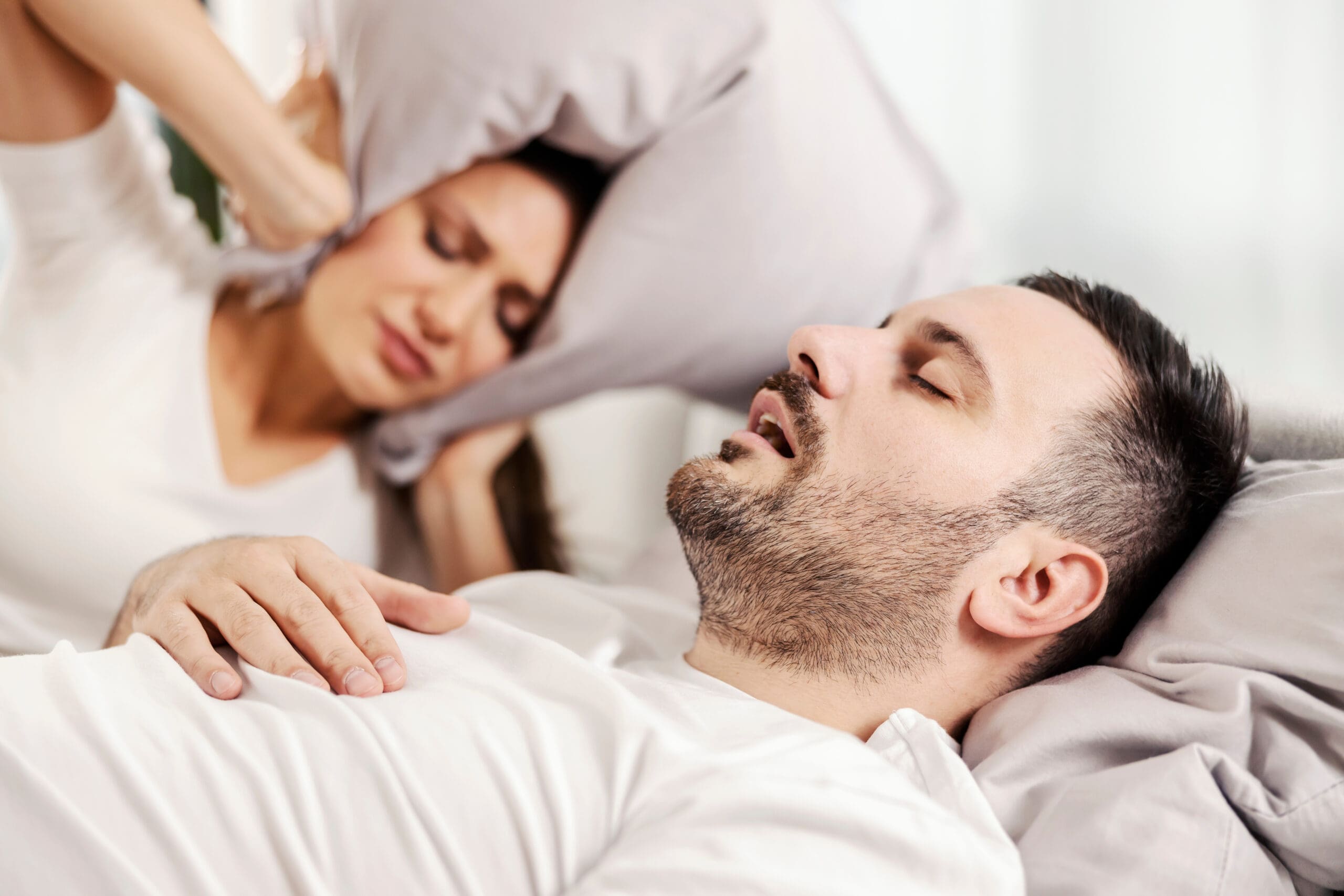
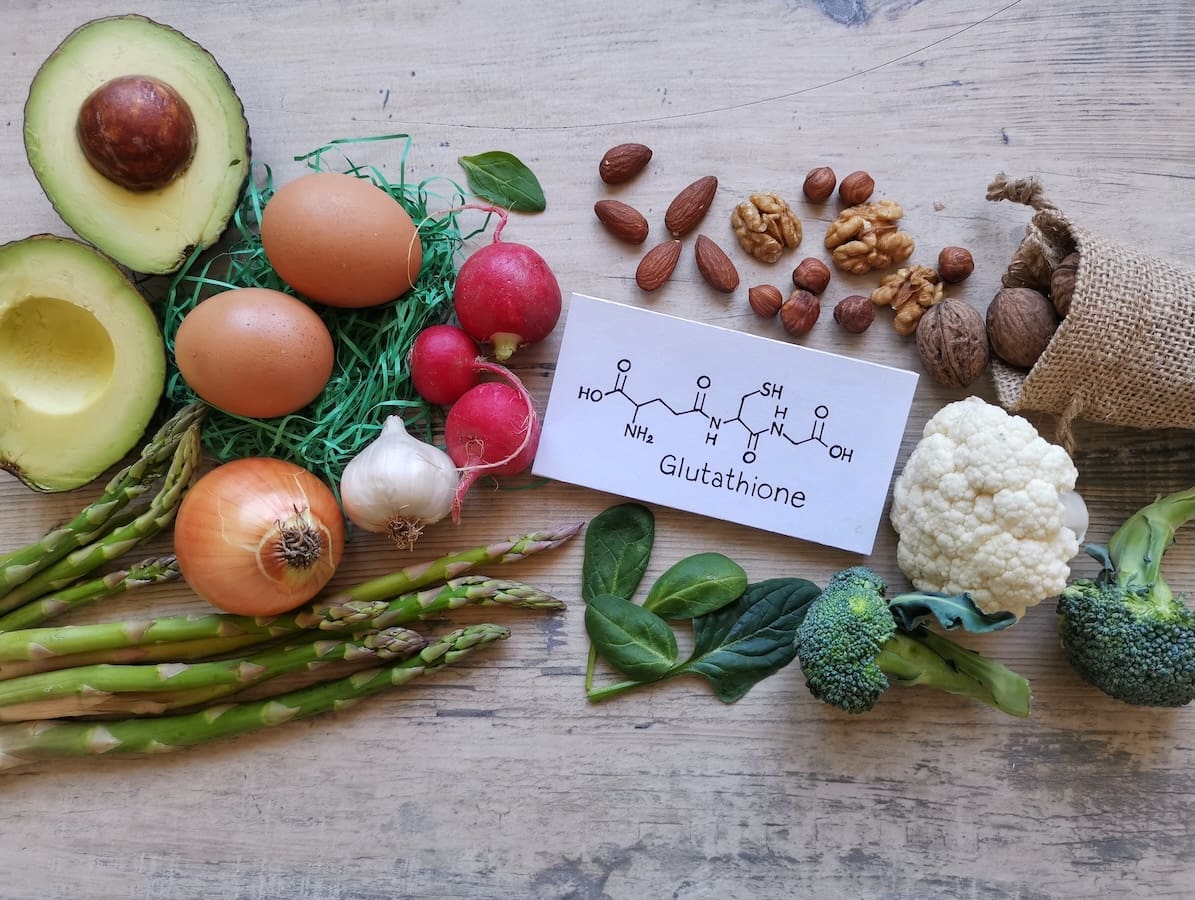
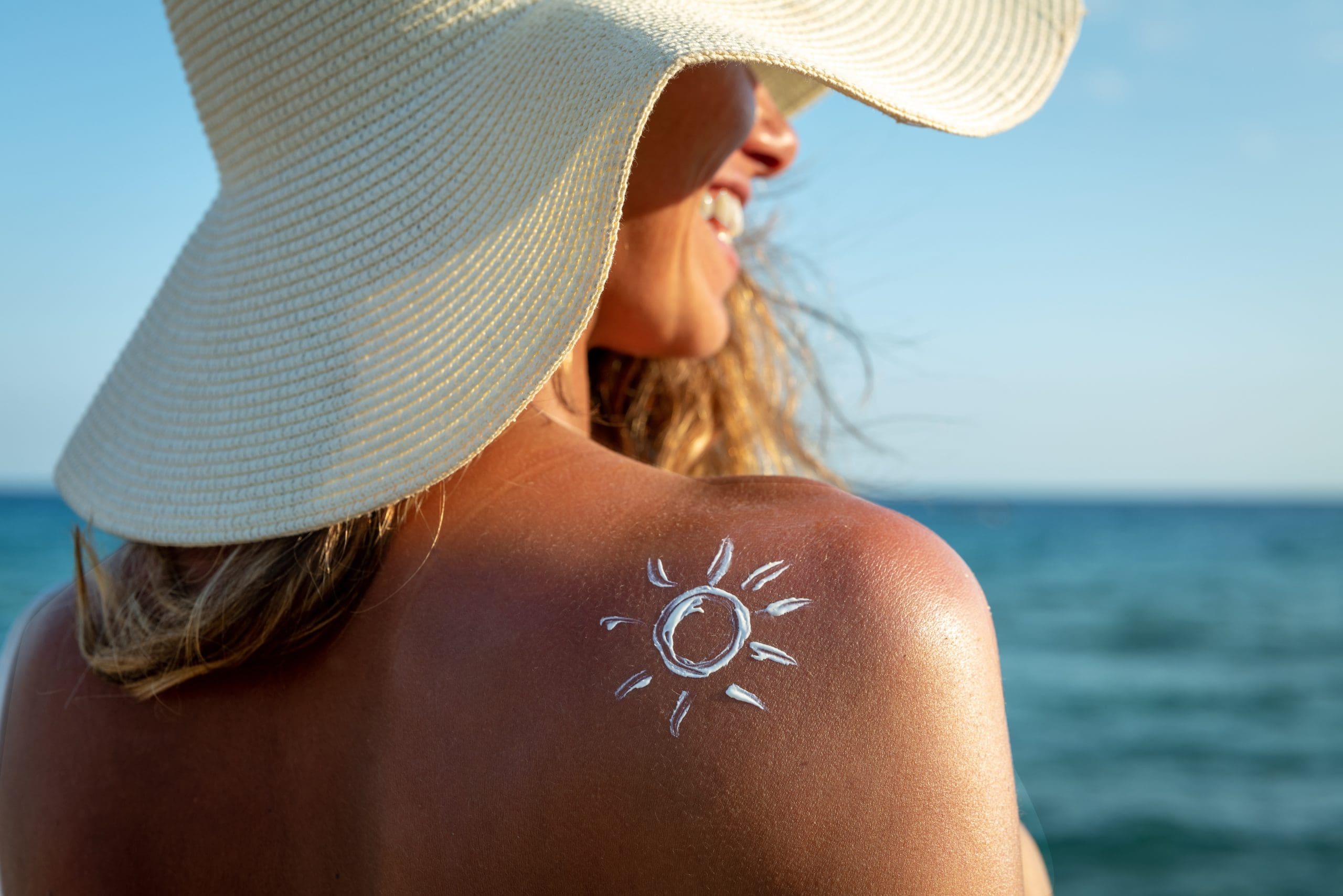
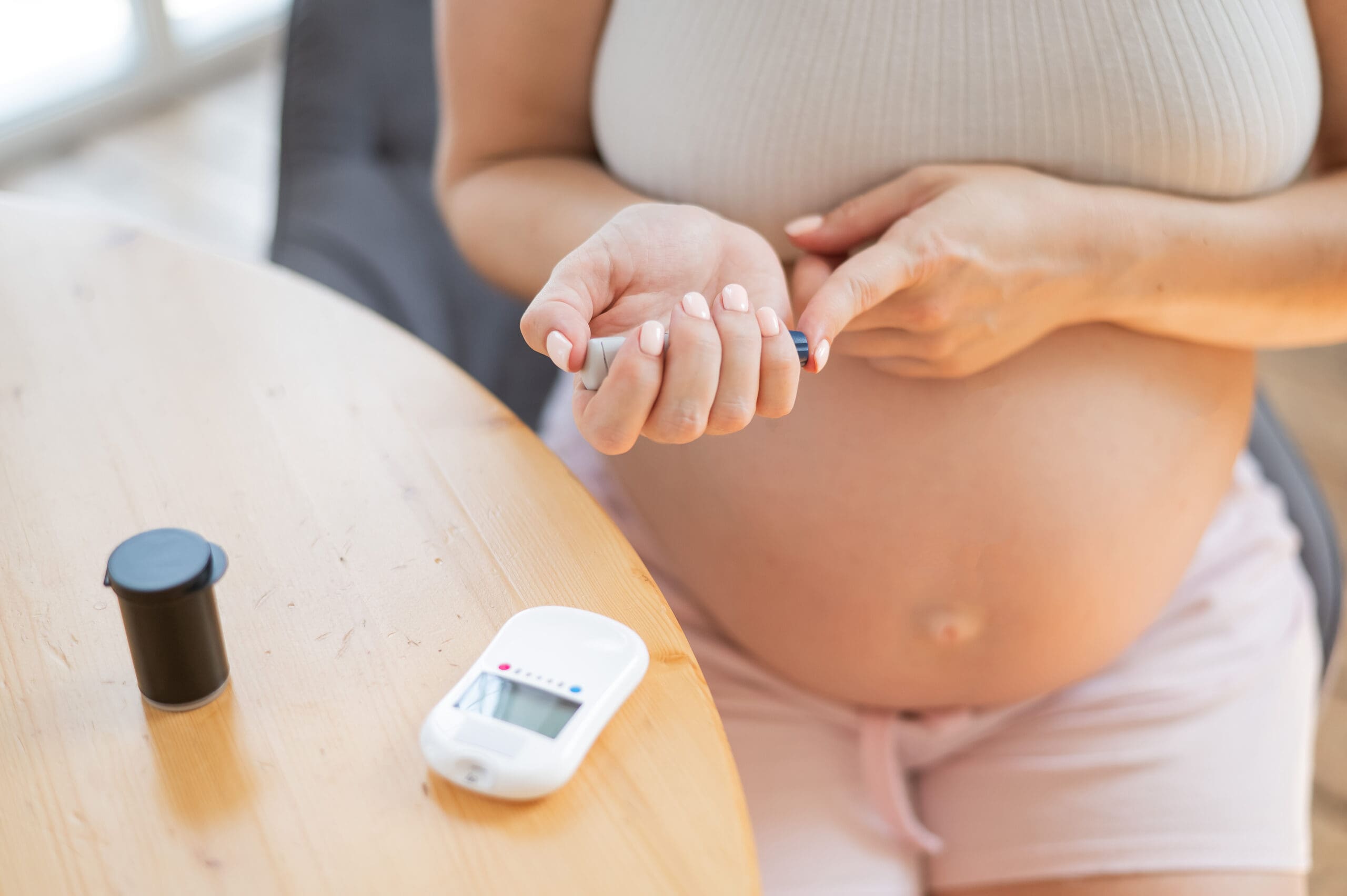
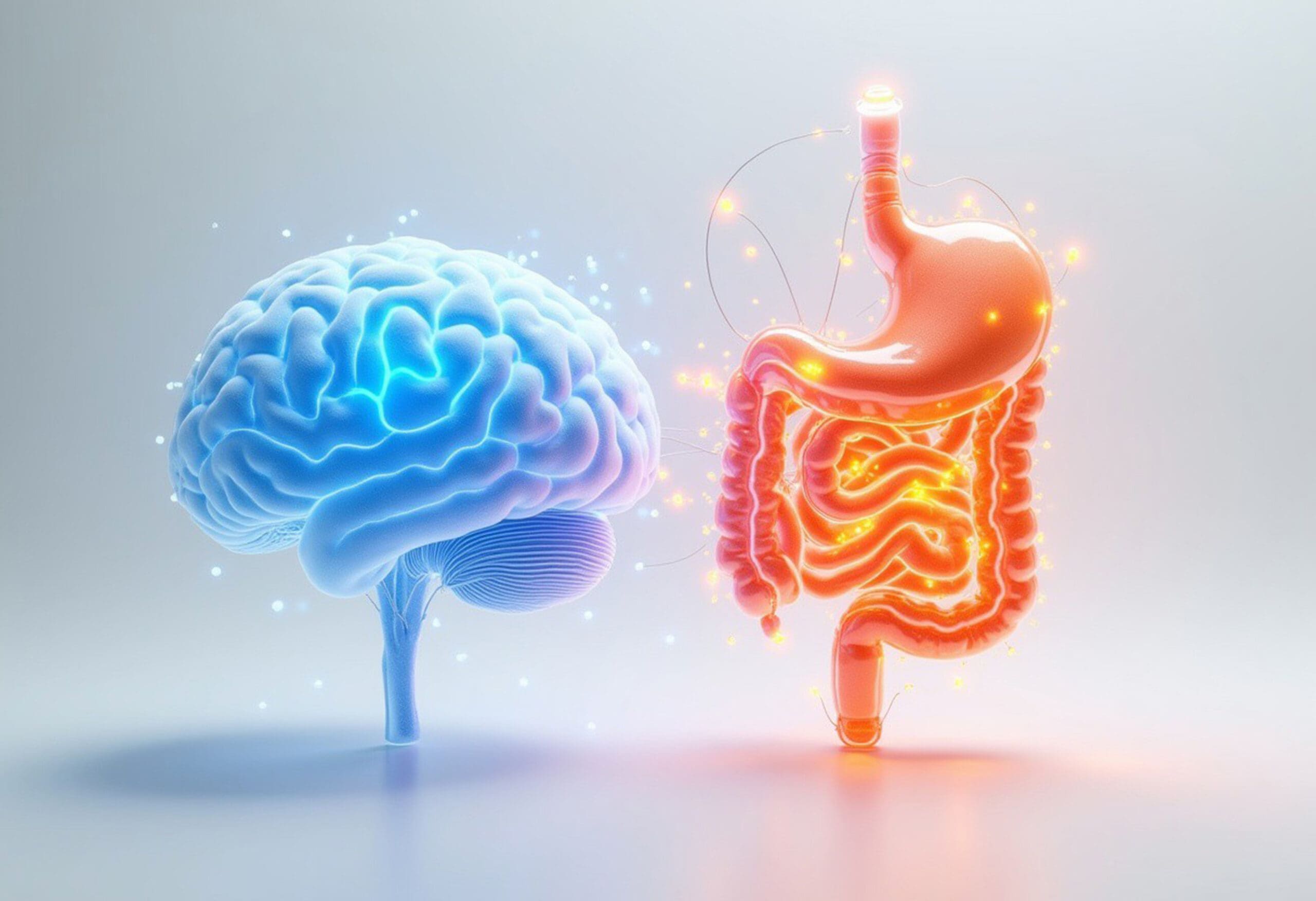
Leave A Comment